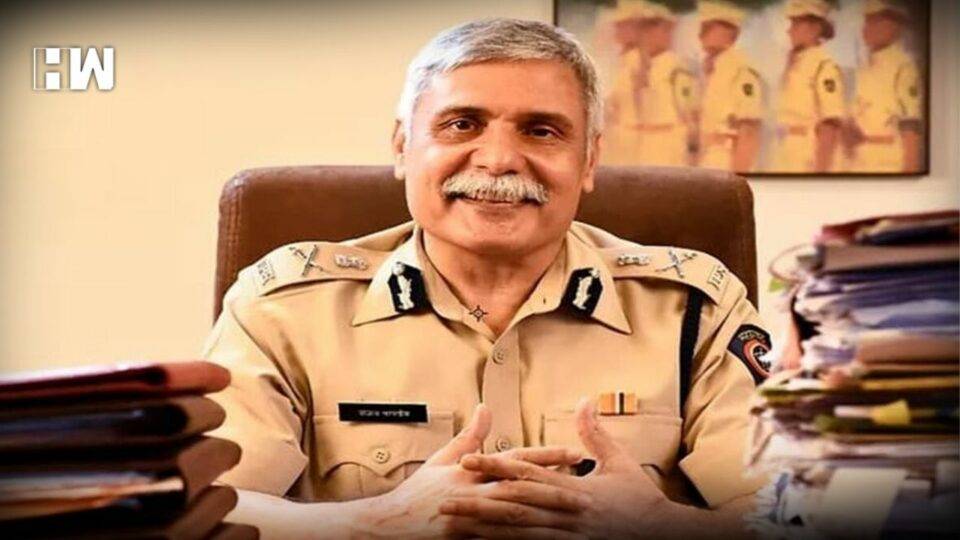The CBI is conducting searches at properties linked to Sanjay Pandey at 18 locations in five states in connection with the case.
New Delhi: The Central Bureau of Investigation, or CBI, has filed a fresh case against former Mumbai police commissioner Sanjay Pandey and former National Stock Exchange (NSE) Chief Executive Chitra Ramkrishna for the alleged illegal phone tapping of stock market employees by the former’s Information Technology company. Ravi Narain, NSE Ex CEO, has also been named in the case, according to officials.
The central probe agency filed the case following a complaint from the Union Home Ministry, news agency PTI reported quoting officials.
The CBI is conducting searches at properties linked to Sanjay Pandey at 18 locations in five states in connection with the case.
The probe agency has alleged that iSec Securities Pvt. Ltd, the firm set up by Sanjay Pandey, had illegally tapped the phones of the Stock Exchanges’ employees during 2009-17.
The company reportedly conducted the security audit around the time the co-location irregularities are alleged to have taken place.
The company was founded by Sanjay Pandey in March 2001 after he resigned from service. He quit as its director in May 2006 after which his son and mother took charge of the firm.
His resignation was not accepted by the state government and he rejoined but was not immediately given a posting.
He was made Mumbai Police Commissioner in the government headed by former Chief Minister Uddhav Thackeray.
Mr Pandey retired from service on 1st July 2022, he was replaced by Senior IPS officer Vivek Phansalkar.
Phansalkar had also served Maharashtra Police in various key capacities including Thane commissioner of police and Maharashtra Anti Terrorism Squad chief.
As an independent media platform, we do not take advertisements from governments and corporate houses. It is you, our readers, who have supported us on our journey to do honest and unbiased journalism. Please contribute, so that we can continue to do the same in future.


